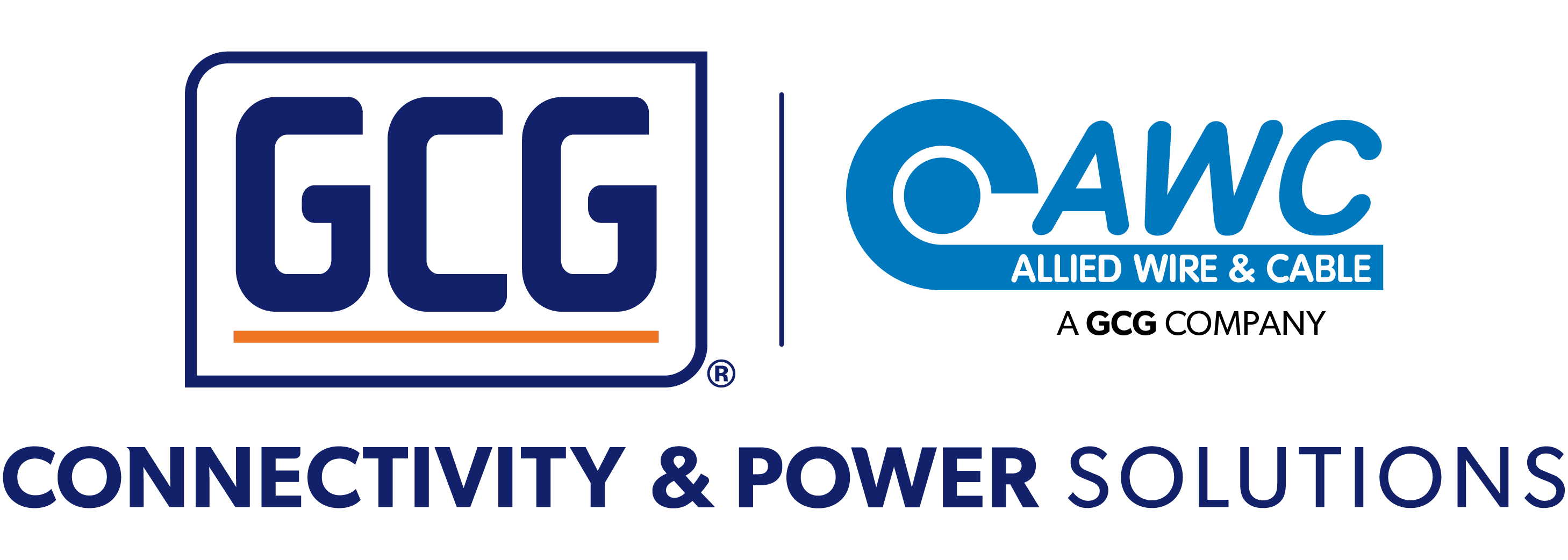What Is PVC Wire?
Polyvinyl chloride (PVC) wire is a single or multi core PVC insulated wire. In most instances, the wire has no jacket except when it has more than one core. PVC is a thermoplastic material that softens with heat, a factor that eases wire production and allows manufacturers to extrude the PVC cable insulation. You can use PVC electrical cable and hook-up wire for internal appliances and electrical equipment wire.
Browse our wide selection of PVC hook-up wire available in various gauges, conductor types, and insulation colors. Shop online today or request a quote for bulk orders.
PVC Wire Construction
PVC cable conductors use tinned copper wire. Sizes vary from 30 American Wire Gauge (AWG) to 4/0. Conductors consist of multiple strands of thin copper wire. An extruded PVC insulation covers the conductor. Depending on individual wire specifications, the insulation may be relatively stiff or flexible. In the case of UL 1581 multicore wire, individual conductors use cross-linked polyethylene (XLPE) insulation and a PVC jacket.
Properties of PVC Insulation
PVC is a versatile thermoplastic material. Although naturally hard and inflexible, the addition of plasticizers, stabilizers, and fillers allows manufacturers to change material properties to achieve a required degree of flexibility and strength. PVC is a long-lasting plastic that with the addition of ultraviolet (UV) stabilizers has a service life that can exceed 30 years. PVC is naturally self-extinguishing, and certain grades of PVC wire are suitable for use in plenum chambers. Most PVC cables from Allied Wire and Cable (AWC) pass the VW-1 flame retardancy test and comply with the Restriction of Hazardous Substances (RoHS) directive.
PVC Wire Applications
PVC wire applications include the internal wiring of electronic equipment, electrical panels, switchboards, transformers, and electrical appliances. Other PVC cable applications include power cables and portable cords and automotive cables.
UL PVC Wire Varieties
AWC carries a wide range of UL-approved PVC wires. It's important to note that voltage and temperature ratings may differ so you should check the specific wire specifications sheet before buying. Many types also have Canadian Standards Association (CSA) approvals.
UL 1007
This appliance wire is suitable for use at 300 volts. It's UL rated for use at 80 degrees Celsius, and in non-UL applications, has a working temperature range from -40°C up to 105°C. It's resistant to fungus, solvents, oils, and chemicals.
UL 10070
This wire has a maximum temperature rating of 105°C and is suitable for voltages up to 300 volts. It has good cutting and stripping characteristics and is commonly used in computers and electronic equipment
UL 1015
UL style 1015 wire has a maximum voltage of 600 volts and a temperature rating of 105°C. It has marine approvals for 16-10 AWG sizes. The wire is oil- and grease-resistant to a maximum temperature of 80°C.
UL 1061
The hook-up wire has a maximum voltage of 300 volts and a maximum usable temperature of 80°C. It has tough, abrasion-resistant semi-rigid insulation.
UL 1065
UL 1065 wire has self-extinguishing characteristics and a maximum usable voltage of 600 volts. It's often used for machine tools and has a maximum temperature rating of 90°C as a flexible conductor and 105°C when secured.
UL 1581
This is a multicore cable with XLPE insulation, a PVC jacket, and an aluminum polyester foil shield. It's rated for a maximum working temperature of 90°C.
Contact us for further information on our selection of UL-approved PVC wire and cables.
